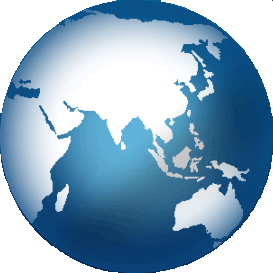شارحینِ اقبال کی کاوشوں کا تحقیقی و تنقیدی جائزہ
A research and critical review of the efforts of commentators of Iqbal
Keywords:
Distortions, Ideology, Characterized, Translators, Contemporary AdvancementAbstract
The distortions present in Allama Iqbal’s Writings give rise to a profound questioning of his thought, philosophy, and personal ideology. This calls for a thorough and meticulous examination by translators and scholars. It is important to contextualize Iqbal’s Literacy contributions within the backdrop of his time, a period characterized by a confluence of historical figures and a surge of intellectual movements in the Indian subcontinent. Rarely in the annals of civilization have such eminent personalities congregated together, and Iqbal’s presence in this milieu stands out as a shining beacon. This article also explores the concept of “rate” or annotation in Iqbal’s work. Rates are composed for various reasons, often aimed at elucidating complex or opaque content, making it more accessible to individual study. They also serve an important purpose in aligning the content with academic curricula, thereby easing the learning process for Kalam-E Iqbal takes into account these objectives, considering the significant role that Iqbal’s poetry plays at various academic levels. Regrettably, some translators have erred in their interpretations, superimposing their own biases and perspectives onto Iqbal’s original work. These misinterpretations have been criticized by many, as they often deviate significantly from the intended meaning. It is imperative to maintain a comprehensive understanding of Iqbal’s entire body of work to accurately quote him. Notable individuals, including Yusuf Salim Chishti, Ghulam Rasool Mehr and Sufi Tabasum, have contributed to the preservation and interpretation of Iqbal’s poetry. Shibli Nomani’s interpretations of Iqbal’s Poems, as evident in his works “Shayar- Ul Ajam” and articles, stands as a testament to his skill and artistry. Unfortunately, contemporary translators on Kalam E Iqbal often struggle to match this level of expertise. Moreover, there are translators who have misused their interpretations of Iqbal’s words to further their own agendas, drawing strong criticism. However, there are also translators whose contributions are invaluable. A thorough study of this article promises to expand our understanding of Iqbal’s thoughts, paving the way for new avenues of research, critical analysis, and potential improvements to the Iqbal curriculum. It is an endeavor that holds great promise for the advancement of scholarship and enrichment of our comprehension of Iqbal’s work.






